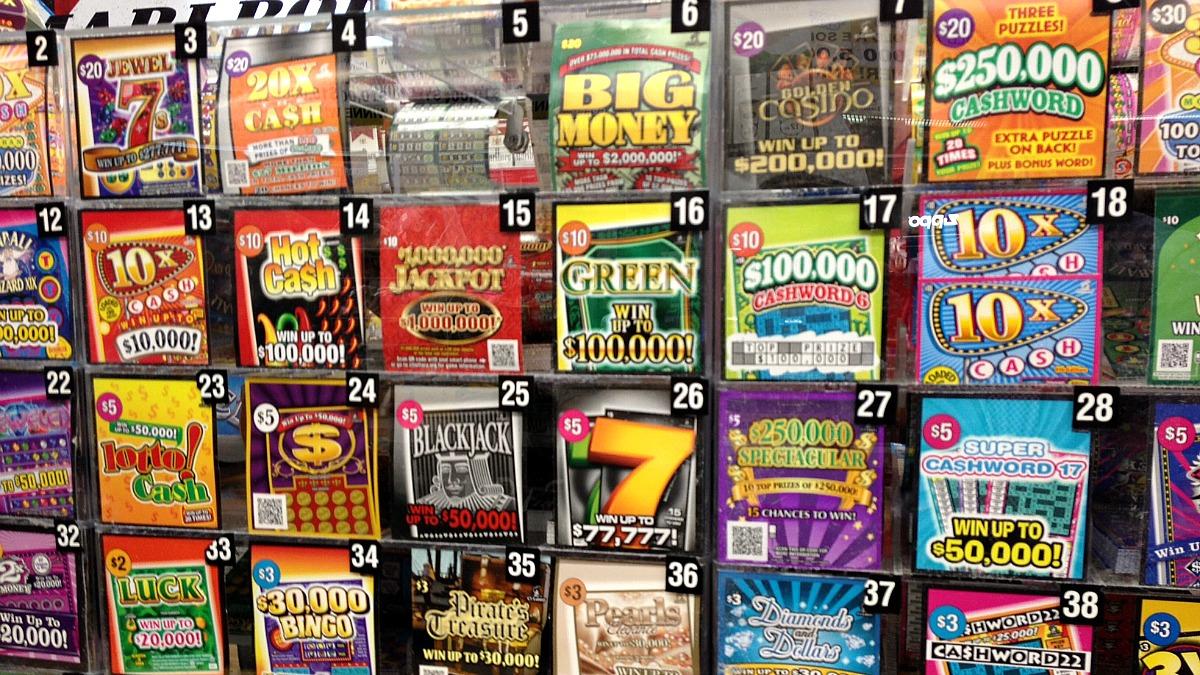
Unveiling the Fascination of the Lottery Game: More Than Just Luck
Lottery games have long held a curious allure for people worldwide. From the humble scratch-off tickets to massive multimillion-dollar jackpots, the thrill of potentially striking it rich with a stroke of luck captivates millions messipoker. However, beyond the surface of pure chance lies a complex tapestry of psychology, economics, and sociology that makes the lottery game a fascinating subject of exploration.
The Psychology of Hope: At its core, the lottery taps into the very essence of human psychology—hope. Whether you’re purchasing a ticket at the corner store or participating in a mega-jackpot drawing, the act itself represents a belief in the possibility of a better future. Psychologically, the anticipation of a potential windfall triggers the release of dopamine, the brain’s “feel-good” neurotransmitter, creating a sense of excitement and optimism.
Moreover, the lottery offers a tangible symbol of hope for individuals from all walks of life. For many, particularly those facing financial hardship, purchasing a ticket represents a beacon of possibility amidst adversity. The dream of escaping debt, providing for loved ones, or achieving newfound freedom fuels the imagination and drives participation.
Economics and Social Impact: Beyond its psychological implications, the lottery game exerts a significant economic and social impact. Revenue generated from ticket sales often contributes to essential public services, such as education, infrastructure, and healthcare. In this sense, participating in the lottery becomes a form of civic engagement, as players directly contribute to the betterment of their communities through their purchases.
However, the economic aspect of the lottery is not without controversy. Critics argue that it disproportionately targets low-income individuals, effectively functioning as a regressive tax. Despite this contention, proponents highlight the voluntary nature of participation and the potential for life-changing payouts, which they argue outweigh the regressive tax concerns.
Furthermore, the lottery game serves as a cultural touchstone, fostering a sense of camaraderie and shared experience within communities. Whether it’s office pools, family syndicates, or casual conversations about “what if,” the lottery sparks dialogue and connection among diverse groups of people.
Probability and Strategy: At its heart, the lottery game is a game of probability, with odds varying depending on the type of game and prize structure. Understanding these odds can inform strategic approaches to playing, such as selecting games with better odds, pooling resources with others, or employing number-picking strategies based on statistical analysis.
However, the allure of the lottery often transcends rational analysis, as many players embrace superstition, lucky numbers, or personal rituals in their approach to playing. These rituals, while seemingly irrational, add an element of fun and excitement to the experience, enhancing the overall enjoyment of participation.